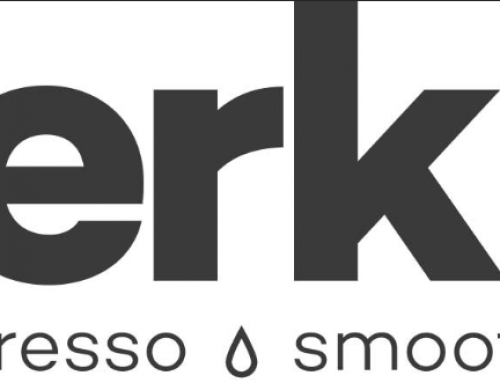We recently wrote on the ironic outcome that Russia’s invasion of Ukraine has had in uniting countries across the world to accelerate the drive to net zero. And the results are finally beginning to surface.
In the wake of the invasion, Robert Habeck, Vice Chancellor and Federal Minister for Economic Affairs and Climate Action, announced the ‘Easter Package’ – Germany’s largest and most profound energy policy amendment in decades. Just one of the barriers the clean energy sector has always faced is the somewhat restrictive policies and regulations which put a dampener on innovation and progress. However, evidently in times of need, when there’s a will, there’s a way.
The policy package rewrites a number of regulations laid out in the Renewable Energy Sources Act (EEG), comprising of 56 individual laws and measures aimed at advancing the energy transition. This reshaping of the rules will double Germany’s onshore wind capacity, triple the pace of the transition, quadruple offshore wind and solar generation, and ultimately become completely non-reliant on Russian energy and resources by 2030.
Amidst widespread calls to cut off Russia completely, Germany’s chancellor, Olaf Scholz, said on television that a full energy embargo on the former Soviet Union would risk “an incredible number of jobs” and trigger “a considerable economic crisis”. An immediate holt of Russian oil, gas, and coal imports would have meant the country would face a 2 per cent drop in GDP in 2023 and subsequently, plunge Germany and Europe into a recession.
Therefore, the revised Easter Package, which aims to fulfil targets by 2030, gives the clean and ‘dirty’ energy industries the time and resources to plan correctly for the full energiewende.
Germany’s energiewende has been progressing for years. In 2013, the German renewables industry accounted for 371,400 jobs. In the last seven years, the global clean energy sector has grown by 3,750 per cent and we’re seeing this reflected in the German sector, too.
Predictions show the clean energy transition is expected to generate 10.3 million net new jobs around the world by 2030, with the largest expected gains to be in electrical efficiency, power generation, and the automotive sector.
The Easter policy changes mark a significant, and unprecedented, commitment to the transition. But it is all well and good changing policy – if the changes can’t be implemented due to a shortage or lack of talent, then the changes mean squat.
Indeed, the driving force of the new legislation will be a significant mass training, reskilling, and upskilling mission. The government and entire country must come together to create coherent and co-ordinated policies centred on education and training. Educational establishments, organisations, and individuals must all align, and the training funds for private sector companies to reskill their teams will follow.
The clean energy sector for its part must also open their talent pools to a wider demographic because; believe it or not, you don’t need a renewable energy or cleantech background to join the sector. In fact, the skills and traits that individuals already have can be applied effectively and successfully to the clean energy sector – it’s just about getting everybody aligned and keeping up the momentum.
The more talent we can transfer and reskill from the sunset traditional oil and gas industries into the future of energy, the faster the government’s Easter Package targets can be achieved, and the sooner we can cease reliance on dictators.
At Hyperion Executive Search, we work with global start-ups and scaleups, including some notable companies backed by Bill Gates’ Energy Breakthrough organisation, playing our crucial part in Germany’s clean energy transition.
If you are an employer wanting support with hiring great talent, please get in touch. If you are a candidate seeking a career in cleantech, joining our Careers in Cleantech platform on LinkedIn, Facebook, or Twitter would be a good start.


